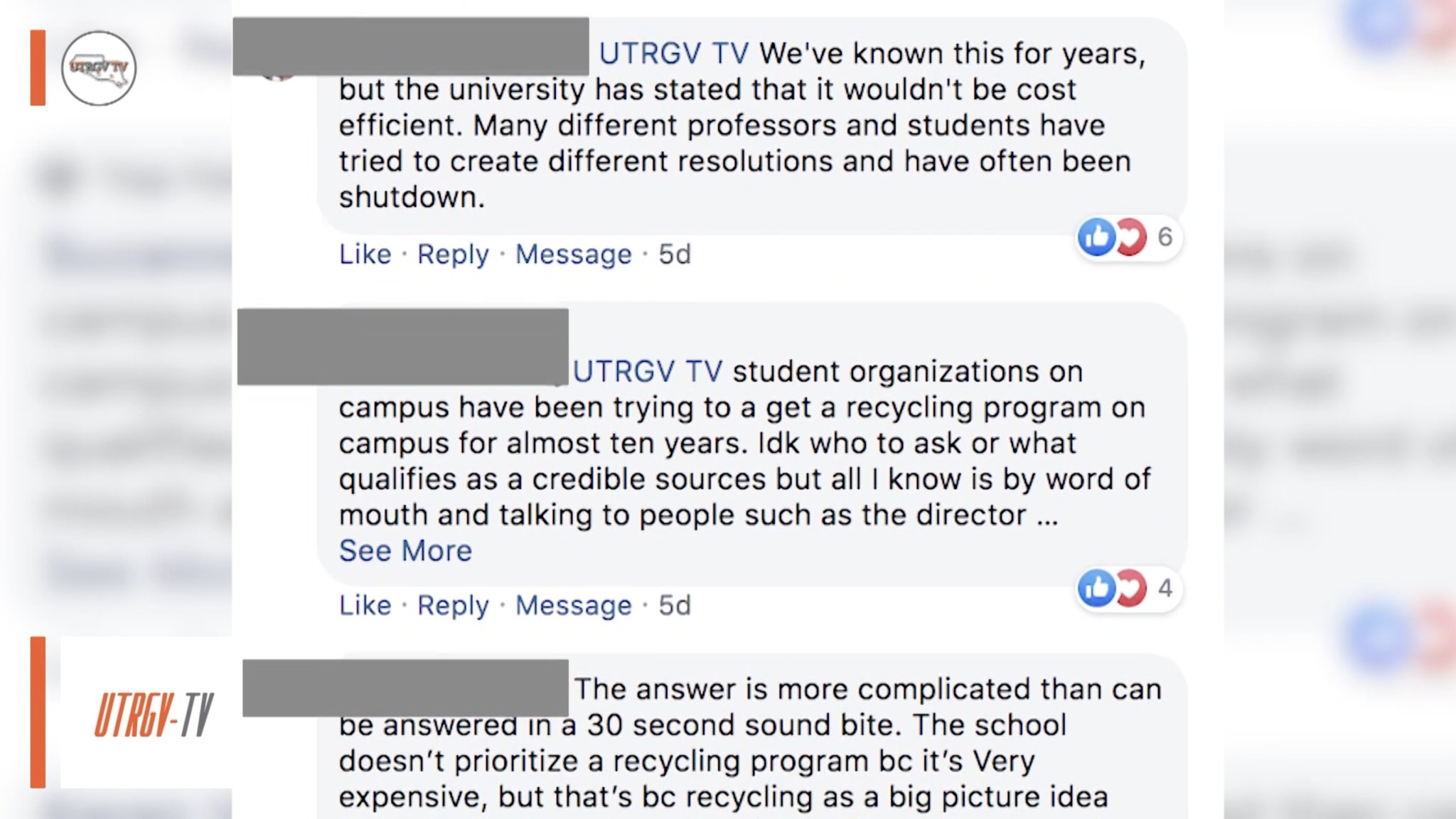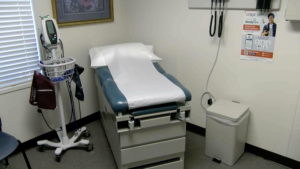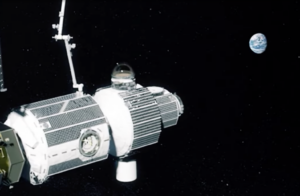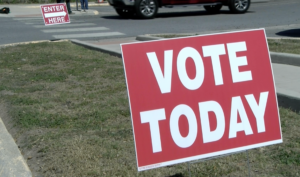
EDINBURG – Following a recent UTRGV-TV report on the school’s sustainability, we received a number of comments saying that despite the various recycling bins located around campus, recycling does not take place at UTRGV.
We spoke with the Edinburg assistant director for facility programs and services to find out what exactly happens to these materials upon collection.
“Our own custodial dept. they’re responsible for picking up all the recyclable material and they bring it to a location that we have on campus,” said Carlos Chavez.
While we learned the university does not have an in-house recycling program, Chavez says individual departments can request bins for their materials from Facilities Planning and Operations, which are then collected and processed by local recycling centers.
“We pass it onto the city of Edinburg and they’re the ones who designate what is going to happen with the recycling material,” said Chavez.
Here is where the recyclables such as plastic, metal, paper and cardboard are kept until city employees come by for the bimonthly pick-up.
Chavez urges students to read the labels on the bins, which specify what type of material it collects, and to be careful not to contaminate them with non-recyclables that can ruin the entire batch.
“Sometimes we get food items that are put in recycle bins,” said Chavez. “ At that moment whatever is in that recyclable container it becomes trash because the city will not be able to take it like that.”
Despite the UTRGV custodial staff’s efforts to recycle, a 2018 study published by the American Association for the Advancement of Science found that 91 percent of plastics end up in landfills, which is why the university is working to establish more sustainable practices.
“Because recycling isn’t as effective and we haven’t been able to do that economically, right now we’re looking into other things that are going to be more effective and cut down on the amount of resources used,” said Lead Designer for Sustainability Fellows Forrest Sparks.
Due to the predicted high cost and low effectiveness of starting a recycling program on campus, Chief Sustainability Officer Marianella Franklin says UTRGV sustainability fellows are instead focusing their efforts on a zero-waste program.
“Reducing first is the most effective way of actually moving forward. At the end of the day everything — every action that we take — costs money,” said Franklin. “If we can make it economically feasible for the university, then the university can do it successfully and it could sustain the quality,” said Franklin.
UTRGV student body President Ingrid De la Torre agrees that reducing waste is a better alternative to recycling and says SGA members are looking into what can be done.
“What we want to do and hope to do is turn to composting. So composting versus recycling: composting is much more sustainable,” said De La Torre. “And this is something that we’re looking at UT-system wide. We talked about maybe implementing a green fee to help with the feasibility of composting.”
“Students can really move where this university goes as far as sustainability and we’d love to have them board because this whole office, I think that’s what we’re trying to do,” said Sparks.
The Office of Sustainability encourages students to adopt personal habits to reduce their carbon footprint, which can be as simple as using a reusable water bottle and recycling at home.
Click on the video below to watch the story.






